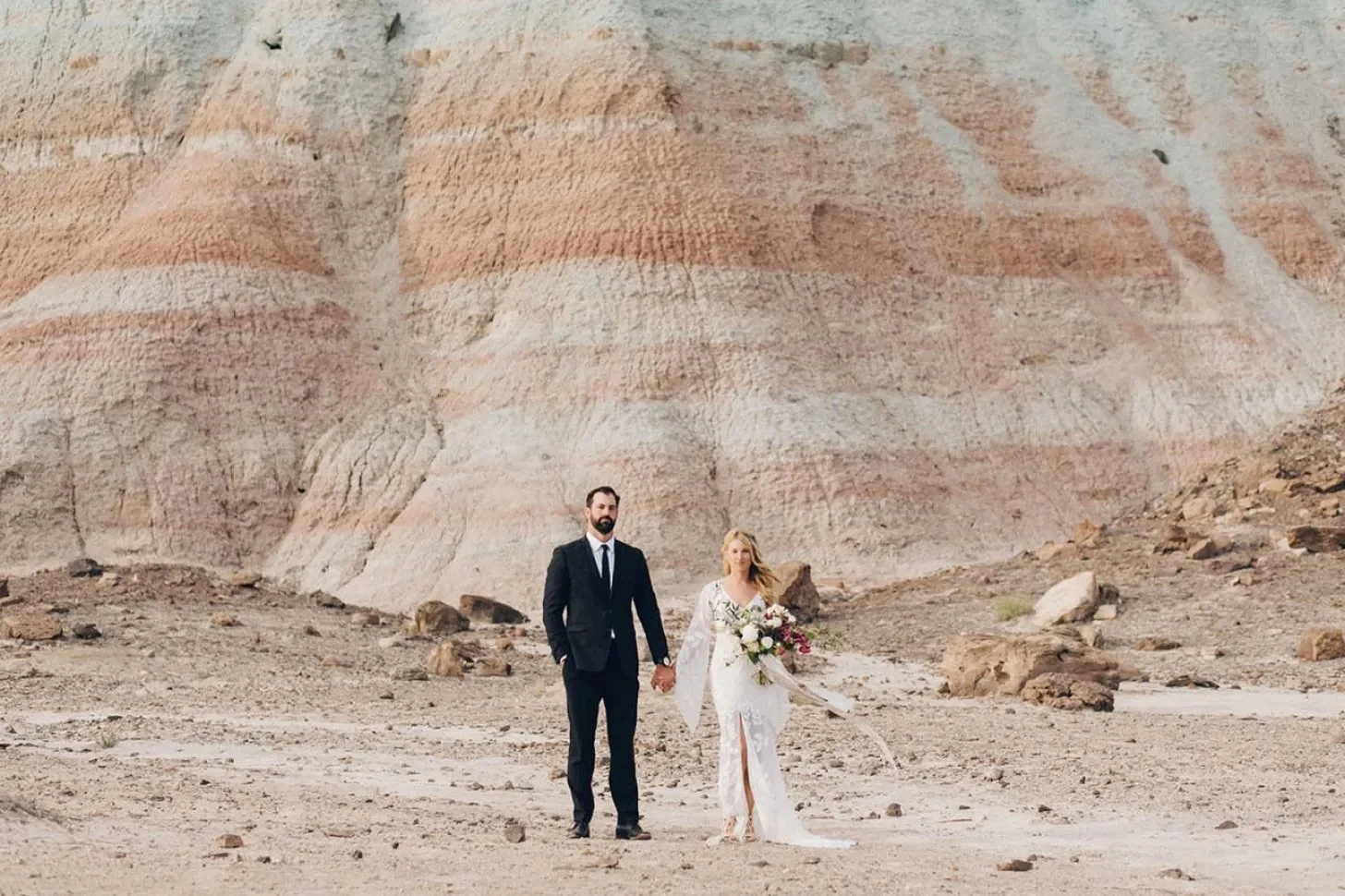How to Start an Event Planning Business in 2025: Everything I Wish I Knew
So you want to start your own event planning business in 2025? First of all—amazing decision. The U.S. event industry is worth over $5 billion (and growing!), and now more than ever, couples, brands, and communities are craving unforgettable experiences.
But I’m not here to sugarcoat it: starting your business can be overwhelming. There are a million voices out there telling you what to do, but not enough giving you the real step-by-step. That’s where I come in.
Hey, I’m Gabby—a destination wedding planner for adventurous couples and your YouTube business bestie. If you’re ready to turn your planning passion into a legit, profitable biz, let’s walk through what actually matters when getting started.
1. Don’t Be a Generalist. Find Your Niche!
The biggest mistake I see new planners make? Trying to do it all. Corporate events, weddings, parties, baby showers, branding activations… it’s too much. While it’s helpful to try different events early on to find your sweet spot, niching down is key.
Ask yourself:
What kind of event would I love to plan tomorrow?
Who do I want to serve—and what’s unique about how I show up?
Your niche doesn’t have to be forever, but the more specific your branding is, the easier it is to attract the right clients. (Trust me—I started with nonprofit events and ended up rebranding to specialize in adventurous, outdoor weddings.)
2. Build a Portfolio (Even If You Don’t Have Clients Yet)
If you’re wondering, “How do I book clients without a portfolio—and how do I build a portfolio without clients?” You’re not alone. Here’s what I did, and what I recommend:
Styled shoots: Partner with local florists, photographers, and venues to create a mock wedding or event. Use it to show off your design eye and planning skills.
Volunteer strategically: Offer to plan a friend’s engagement party or help with a local nonprofit event. Gain experience and collect testimonials along the way.
Just don’t stay in the “free work” zone for too long—your talent deserves to be paid.
3. Set Your Business Up the Right Way
If you're saying you're a planner, but don’t have a contract or a separate business bank account… that’s a hobby. To make your business legit:
Choose a name and buy the domain
Set up a website (templates are fine!)
Register your business with your state/county
Get contracts and insurance in place
Create a separate business bank account
And price for profit from day one
Need help setting prices? Research your local market, talk to trusted vendors, and check out other planners’ websites. And yes—there are Facebook groups, forums, and even ChatGPT that can help you understand what others are charging in your area.
4. Get Clients Without Relying on Social Media
Instagram is great, but it shouldn’t be your only lead source. Here's what works in 2025:
✅ Optimize Your Website for Google
Most people still Google “event planner near me.” Your website is your #1 sales tool—make sure it's SEO-friendly and includes keywords your dream clients are searching for.
✅ Start Blogging
Blogging is not dead. It boosts SEO, builds trust, and lasts longer than any Instagram post. Example: I have a blog from 2016 that still brings traffic thanks to Pinterest and Google.
✅ Use Pinterest + Google My Business
Pinterest acts like a search engine—great for visual content. Google My Business is free and lets you collect reviews, share updates, and appear in local search results. Do not skip this step.
✅ Build Your Vendor Network
Referrals from photographers, venues, and florists are gold. Show up to local networking events with real questions, not just your elevator pitch. Follow up, stay memorable, and build real relationships.
5. One Mistake That Could Cost You Thousands
Here it is: undercharging.
Too many new planners price themselves low (or worse—work for free) for way too long. Low-paying clients often expect the most, and every discount I’ve given? I’ve regretted it.
Price yourself fairly based on the value you provide. Not sure how? Try tracking your hours with a few early clients, then adjust to a flat fee or percentage model once you have the data.
You can (and should) evolve your pricing over time—but start with a rate that allows your business to grow.
Final Thoughts: You’ve Got This, and I’ve Got You
Starting your event planning business can feel like a lot—but you don’t have to do it alone.
👉 Want deeper strategy, live Q&As, and behind-the-scenes business breakdowns?
Join my YouTube Membership—it’s where I spill all the good stuff I don’t share publicly.
And if you’re stuck on anything—comment below or DM me on Instagram @gabbypinkerton. I’m always down to help a fellow planner figure it out.
